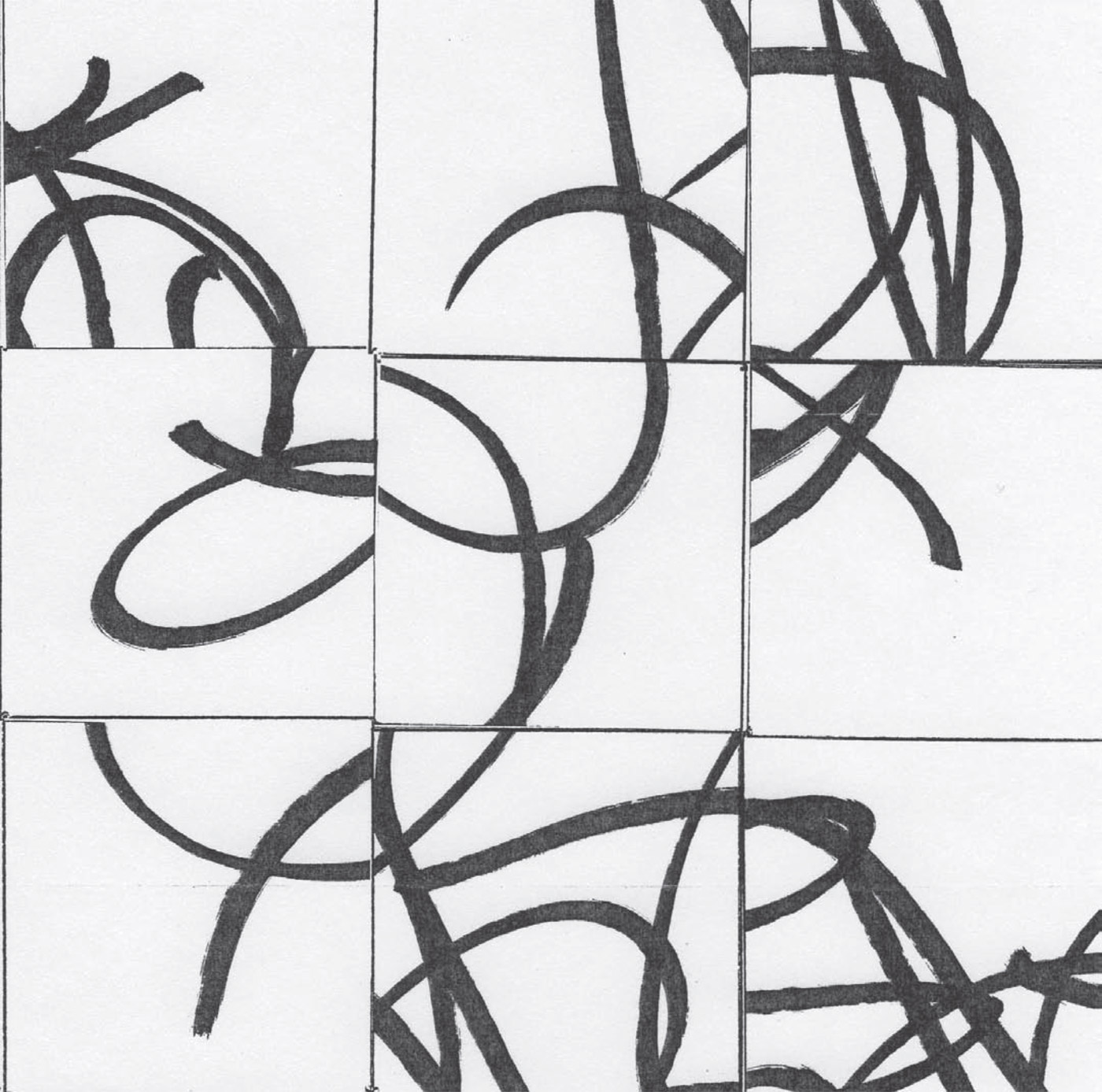
Bill DiMichele
from Series for Eugene, My Father
A) “Writing is not language—writing came first.”

C) I am the opposite of an expert on Vispo. I’m attracted to this work by Bill DiMichele because of how it looks. I like it. When I read the title, I like it more.
D) “The mark is the basic element of both writing and drawing; the gesture of the human hand is at the heart of both text and image. Whether a mark makes a word or an image, the act of interpreting that mark is a fundamental process of human communication.”
E) I am partial to the letter E, especially the uppercase eyechart E. I had a dream once of an uppercase E on its back on fire and I tried to paint it. Eugene starts with an E.
F) I wonder how large the original is.
G) How many poems are in the series? I imagine them as letters to his father.
H) When my father died, I wrote him a letter.
I) 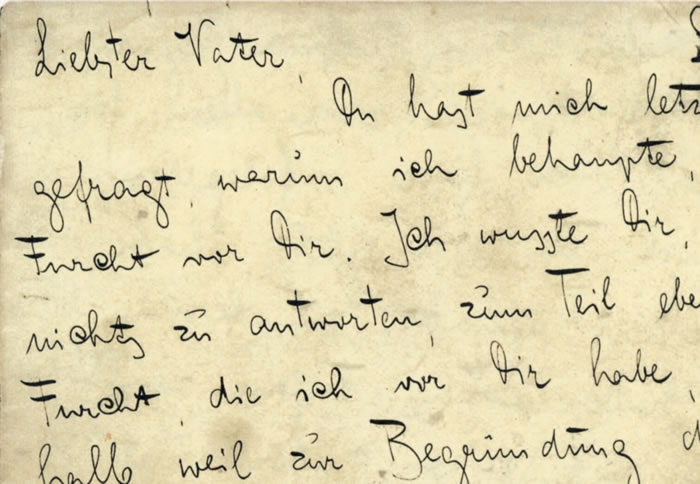
J) The familiar sound of baseball on the radio. News interrupts the broadcast. He tries to give me an answer, an explanation. We listen together. We wait to hear the rest of the story. They say that’s all they know.
K) All fathers are the same. They’re giant! Then they shrink.
L) Everything I think to say reminds me of a man who’s dead. Tolstoy, Kafka, Mike, Uncle Johnny.
M) Originally I wrote, “Everything I think to say reminds me of a man who’s dad,” then corrected the mistake by squeezing in the missing E.
N) I can’t remember his laugh.
O) Because it is a piece of visual poetry, I look for letters. E K J X H T. Tall grass? Cutting up and rearranging a whole to create a new whole results in a line that your hand would never make. Yet it’s made with your hands. A. B. Backwards C. The sign for Pisces, interrupted.
P) “Poetry must realize that reading is changing.”
Q) 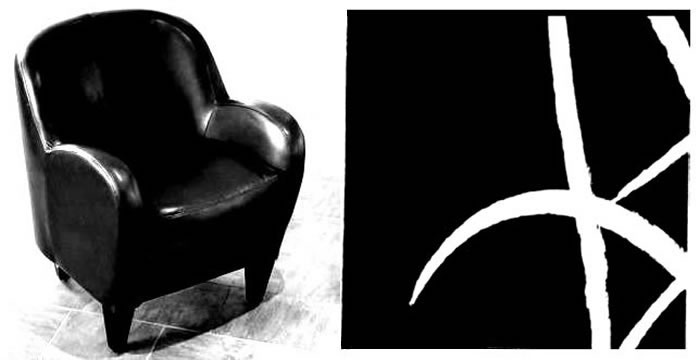
R) “His letter was four pages long and said more than he’d ever said to me in person all at once. I held on to it for nearly 30 years then let it go. I remember his unlikely handwriting, the soft curves of his letters. He was telling me I’d made a mistake. I agreed with him, but in my reply I defended my choice.”
S) Do you know any secrets about him? Is there any detail that applies to him and no one else?
T) 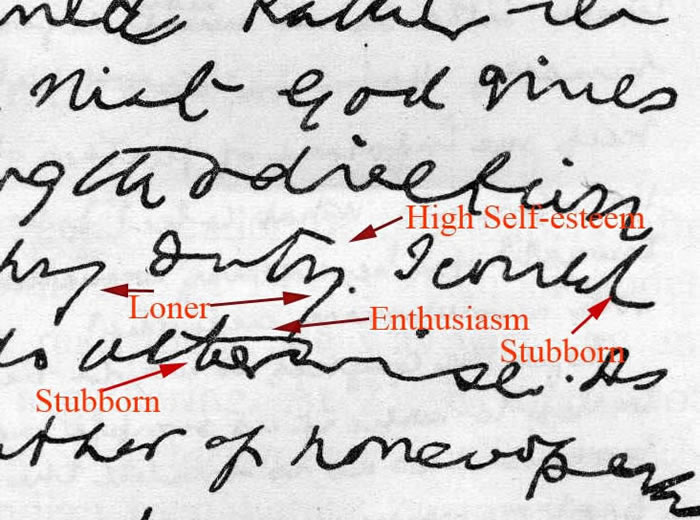
U) The empty paper cup keeps rolling around on the ledge behind the back seats. It doesn’t fly away. It makes a distinctive noise. No one thinks to take it out of the car when we stop. Months go by.
V) 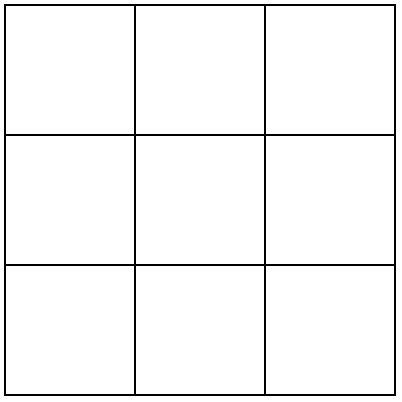
W) For years I put writing into all my paintings using homemade stencils and a very small brush. Letters formed slowly, meant to be read.
X) “Not enough years left,” he said. I needed one more week.
Y) “The empty frames represent the letters that were not found and returned.”
Z) Is a poem about a father always a poem about death?
Notes: a) Donato Mancini d) Noah Saterstrom i) Kafka’s letter to his father p) Crag Hill